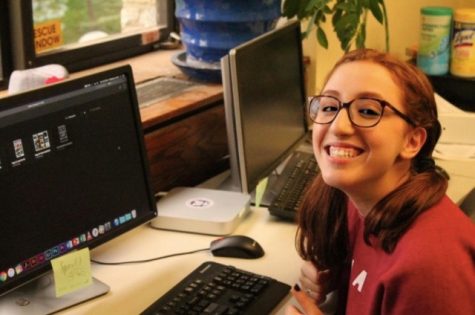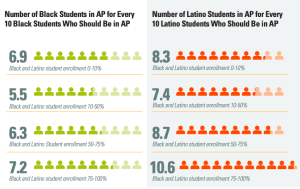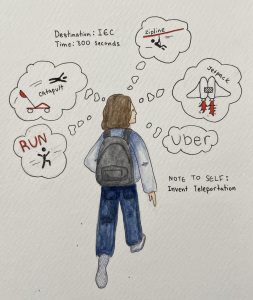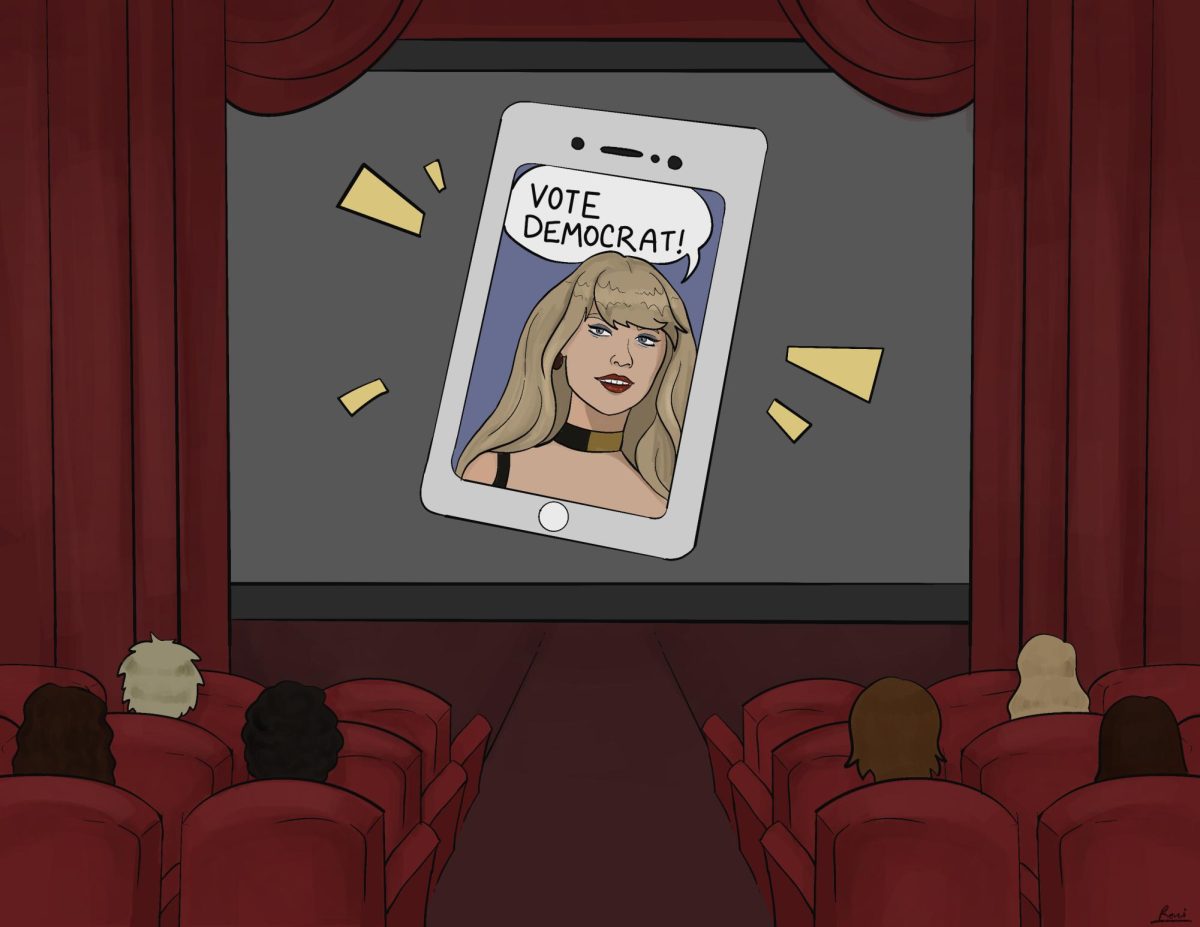Masters Debate Team finds success at recent tournaments
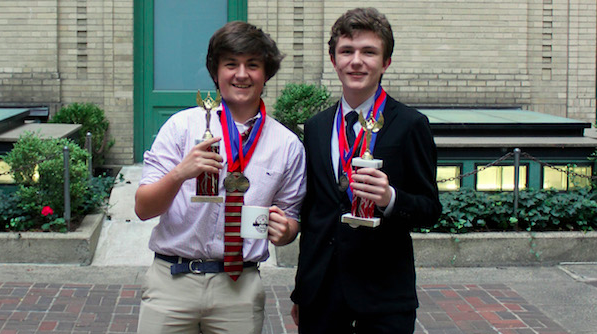
January 14, 2018
Through elements like the Harkness Method, Masters strives to help students foster communication skills to carry with them for the rest of their lives. The Debate Team, founded two years ago, adds to this by creating a space for students to learn how to articulate ideas, and understand complex issues from multiple angles. In mid-December, the team competed in their second tournament of the year, the Regis Christmas Classical. Members and leadership share their experiences at the tournament and on the team in general.
In the two years since its founding, the Masters Debate Team has competed in various leagues against a multitude schools in the New York area. Members of the team participate in several competitions each year, ranging between one and three days in length. According to Faculty Advisor Brendon Barrios, each person completes four rounds of debate every day, each with a duration of one hour. The speakers then argue for or against a selected topic– however, they are not assigned a position until minutes before their round begins, meaning they are responsible for conducting thorough research on both sides beforehand. Regardless of the outcome, Barrios stated that his main goal for Regis was to “get the younger debaters some experience.”
“You get points for how good of a speaker you are, in addition to whether or not you win the round,” said Henry Williams, co-president and founding member of the debate team. Williams included that many members of the team have won awards in the past two competitions–he along with Co-President Nick Moore won overall in the Varsity bracket of the first Regis tournament, and Moore also earned a “Best Speaker Award”. In addition, Junior Jesse Wexler was a finalist in their most recent competition.
“There’s something fraternal about competing together– when someone wins an award, it’s like everyone’s won an award,” said Jonas Kolker, sophomore and new member of the debate team, looking back at his time at the Regis Debate Tournament. “It was an incredible learning experience,” he added.
Between tournaments, the debate team meets on Thursday evenings and focuses on improving each person’s skills and preparing for upcoming competitions. “We usually do speaking exercises, which could involve people being given unpopular positions and having to defend them,” Kolker noted. He said that this helps in “finding ways to reason arguments even if you don’t agree with them.”
Williams elaborates on the intricate preparation process for each tournament: “We do research and train people in how the debate rounds work,” he said. He also mentioned that the majority of the members are relatively new to the team–therefore, a primary focus for the club leadership is to get everyone involved, and more comfortable with debate. “Our goal is to get whoever’s there, regardless of skill level, ready for our next competition,” he said.
Beyond the competition, members agree that the debate team has bettered their public speaking skills and helped them to consider multiple perspectives when discussing complicated subjects. “What I appreciate about the debate team is that it forces you to understand issues in a way that you wouldn’t if you didn’t have to advocate for both sides,” Williams said. He added that debate played a key role in his ability to articulate ideas.
Kolker noted that his favorite part of debate is the challenge and exhilaration of competing. “Anything I can do that pushes me and stimulates me is what I came to Masters to do,” he said.
The Masters Debate Team has accomplished quite a lot in the two years since its founding. With their team of new competitors, the leadership has established a safe place for people to step out of their comfort zones. “We’re proud of where we’re at, given two years,” Barrios concluded.
The Masters Debate Team will be competing in a third tournament on February 9-11 at the University of Pennsylvania.



